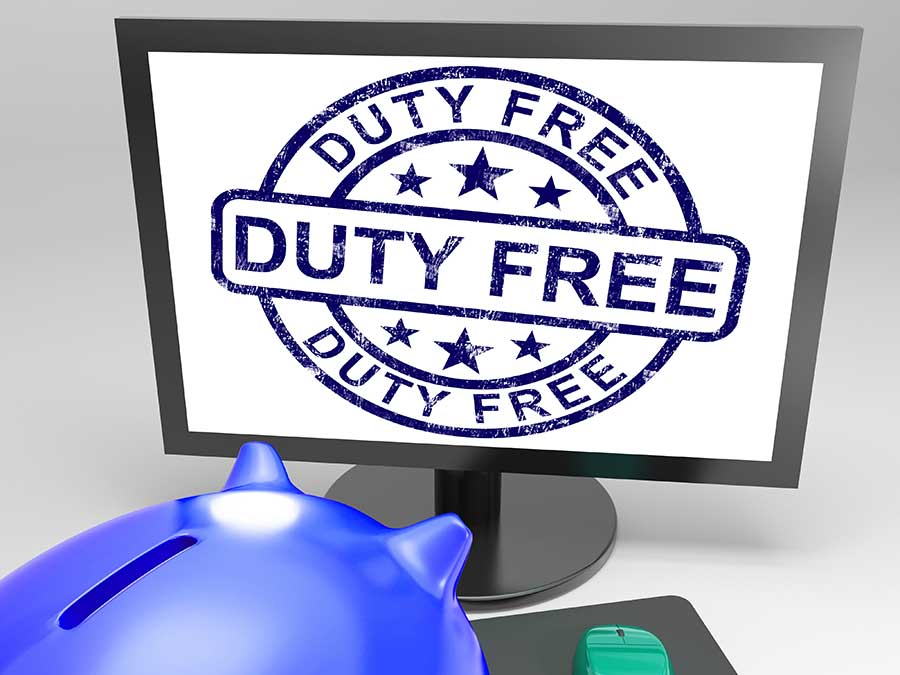Most people have heard the term “duty free shopping” before, or seen “duty free shop” signs at airports, but many consumers have only a vague idea of what it means and how they can take advantage of it.
Duty Free Defined
The concept of duty free shopping enables the citizens of a country to shop for items in another country and return home with their purchases while avoiding some or all of the tax—or duty—on the price of purchase. Essentially, the duty free exemption was created to allow individuals to avoid tariffs on commercial imports.
Duty free purchases also have the benefit of allowing the purchaser to avoid having to pay national and local taxes in the country where the duty free items were bought. You may have to pay some or all of those taxes at the time of purchase, but upon returning home you have the opportunity to file an application to have those national and local taxes refunded.
Exactly how much of the duty can be avoided depends on:
- How much was purchased (see the duty free exemption).
- Where the items were purchased; qualifying items must have been purchased at duty free shops outside one’s country of origin.
- Exactly what items were purchased; there are some limitations.
The Size of the Duty Free Exemption
In the United States, the exemption from duty is usually $800 per person for those individuals who have traveled outside the United States for at least 48 hours. If you have been overseas for less than 48 hours the duty exemption is ordinarily limited to only $200 per person
Taking Advantage of Duty Free Shopping
The following points should help you take the best advantage of duty free shopping:
- Watch the personal exemption limit. There are significant penalties for exceeding the exemption; if you exceed the $800 personal limit, you’ll face a 3% surcharge up to $1800 and if you go beyond that you’ll face a tax of up to 25% for additional purchases. Don’t forget that the 48-hour rule lowers the exemption to $200 per person.
- Families can combine exemptions, so a family of four, for instance, can allocate goods among all family members to receive a collective exemption of $3200.
- Children are not allowed to use their exemptions for alcohol or tobacco products, so if any of either category are brought home, an adult will have to carry them.
- There are strict limits on amounts of alcohol and tobacco duty exemptions; the typical limit is one liter of alcohol and one carton of cigarettes per adult.
- While duty free shops are typically found at points of entry—airports and seaports—they can be found in other places where tourists gather, including shopping malls and near international resorts. Sometimes, the best duty free shopping opportunities will be found in spots away from points of entry.



Leave a Reply
You must be logged in to post a comment.